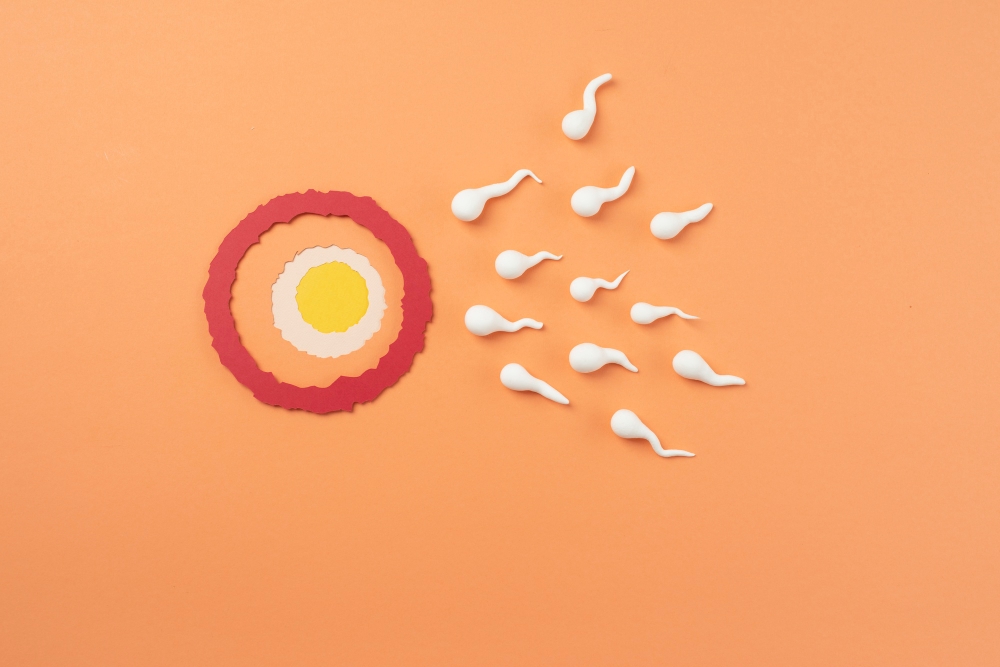Are Certain Exercises Harming Your Fertility? The Dos and Don’ts
Exercise Type Effect on Fertility High-Intensity Cardio (e.g., Marathon Running) May disrupt menstrual cycles due to high stress levels and low body fat. Strength Training (Moderate) Supports hormonal health and reduces insulin resistance, beneficial for fertility. Yoga and Mindfulness Exercises Reduces stress and improves circulation, positively impacting fertility. Excessive High-Intensity Interval Training (HIIT) Can cause hormonal imbalances and irregular cycles in women. Regular exercise has numerous health benefits, but when it comes to fertility, some types of physical activity may actually work against women’s reproductive goals. For women trying to conceive, choosing the right type and intensity of exercise is …
What Everyday Habits Are Secretly Hurting Male Fertility?
Habit Effect on Male Fertility Poor Diet Lowers sperm count and motility due to lack of essential nutrients and high processed foods. Chronic Stress Impacts hormone balance, potentially leading to reduced sperm production. Lack of Sleep Decreases testosterone levels, reducing sperm production. Smoking and Alcohol Associated with reduced sperm quality, DNA damage, and lower testosterone levels. Exposure to Environmental Toxins Chemicals like BPA, pesticides, and heavy metals can harm sperm count and DNA integrity. Male fertility is influenced by many factors, but what may come as a surprise is how certain everyday habits can secretly harm sperm health. With male …
What Are the Latest Treatments for Male Infertility Linked to Sperm Issues?
Treatment Type Description Lifestyle and Nutritional Changes Modifications to improve sperm quality, such as diet, exercise, and antioxidants. ART (IVF and ICSI) Techniques that assist sperm directly with fertilization, often used for low sperm count or motility. Hormonal Therapy Hormone treatments to correct imbalances impacting sperm production. Surgical Options Procedures to address physical barriers or varicocele that may affect fertility. Emerging Therapies Experimental options like stem cell therapy and genetic interventions for severe cases. Male infertility affects a significant number of couples worldwide and is often linked to issues with sperm production, motility, or quality. While infertility treatments have historically …
Uncovering the Sperm Metabolome: Biomarkers for Bull Fertility and Breeding
Key Concept Description Sperm Metabolome The complete set of small-molecule metabolites found in sperm, including those involved in energy production, motility, and fertilization. Biomarkers for Bull Fertility Specific metabolites that are correlated with successful fertilization and can serve as indicators of reproductive potential. Applications Using metabolomic biomarkers to improve breeding strategies and fertility treatments in cattle. Bull fertility is a critical factor in successful breeding programs, with substantial economic implications for the cattle industry. Traditional methods of evaluating bull fertility, such as sperm count and motility analysis, are not always sufficient for predicting reproductive success. Recent advancements in metabolomics have …
Are There Any Long-Term Health Effects on Babies Conceived Through IVF?
The answer is no. Health Aspect Findings for IVF Babies Birth Defects Slightly higher risk of birth defects, though still rare. Childhood Development Normal cognitive and developmental outcomes in most studies. Chronic Conditions No significant increase in long-term chronic health issues compared to naturally conceived children. Psychological Well-Being Similar levels of emotional and psychological health as non-IVF children. In vitro fertilization (IVF) has been a revolutionary development in reproductive medicine, offering hope to millions of couples struggling to conceive naturally. Since the birth of the first “IVF baby” in 1978, more than 8 million children have been born through assisted …









